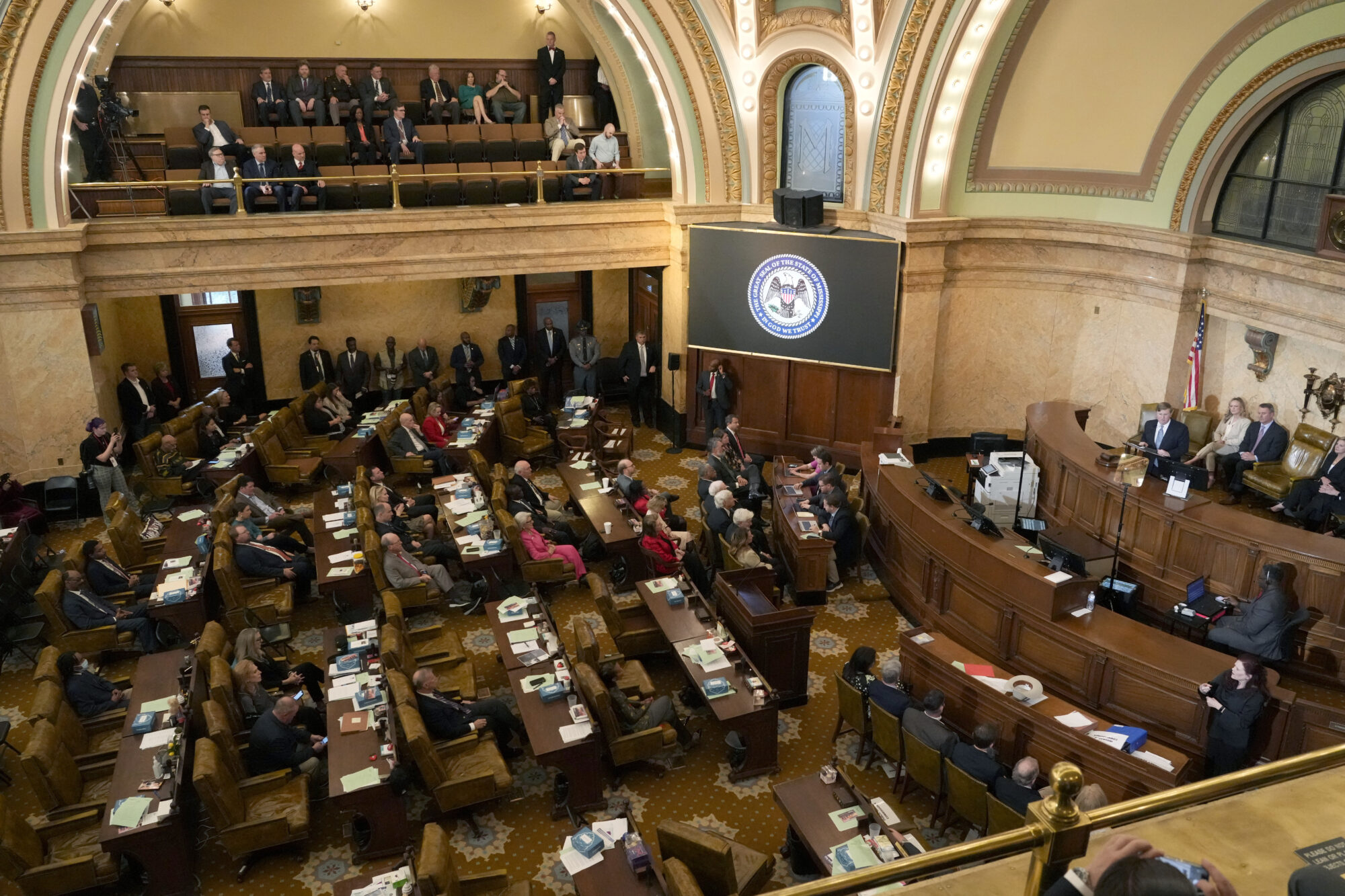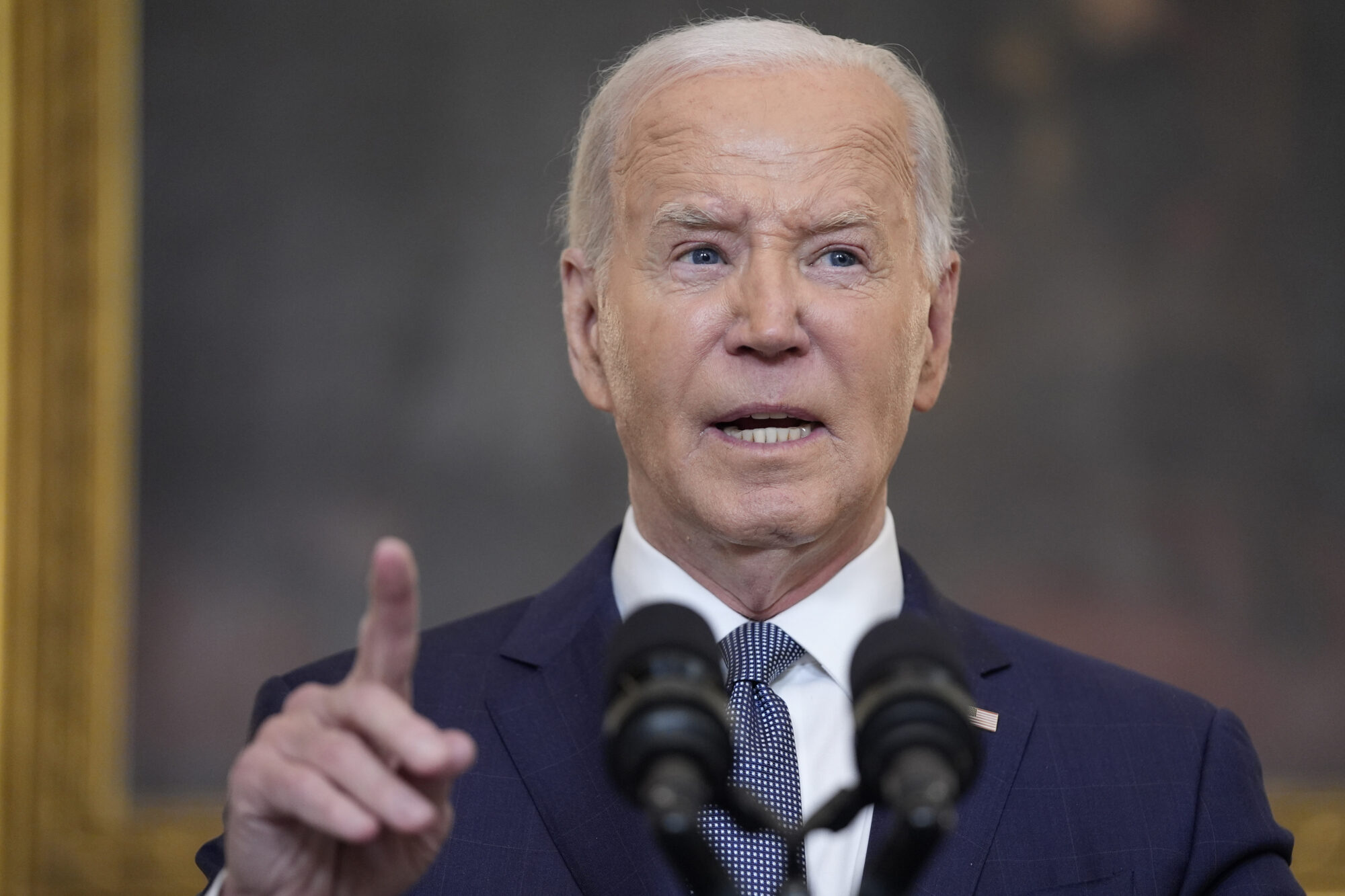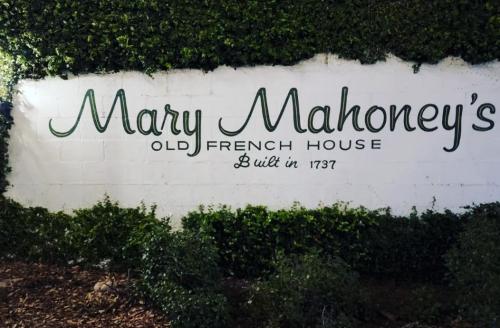Mississippi House of Representatives Weekly Summary
Week of March 14, 2016
This week, House members faced Wednesday’s deadline for original floor action on Appropriation and Revenue bills originating in the House, and Thursday’s deadline of reconsideration on Appropriation and Revenue bills originating in the House. House members also began addressing Senate bills toward the end of the week.
Appropriations bills passed are the starting point for crafting the state’s budget for Fiscal Year 2017. Reports indicate that revenues are down about $100 million this year, which will provide additional challenges to the already tough budget process.
The Ways and Means Committee continued to bring out several bills authorizing bonds and tax credits to different groups.
House Bill 1729, the “big bond bill,” would authorize approximately $179 million in bonds for various projects. The committee substitute of the bill contains only $1 million in each section of the bond bill (for a total of $20 million) in order to keep the bill alive through the legislative process. The House and Senate will need to agree on a set amount. Discretionary money for small projects in local communities is also incorporated into this legislation. Some of the larger projects included are:
• $95.7 million for the eight colleges and universities to manage their top priority projects over a two-year period.
• $35 million total per year for Community/Junior Colleges to use as they see fit. This would allow them to plan ahead for various projects, as well.
• $20 million will be devoted to the Mississippi Coliseum and State Fairgrounds to use over two years ($10 million each year) for upgrades to facilities and construction of a new Trade Mart.
House Bill 1691 is a continuation of the Historic Property Income Tax program. This program was authorized a few years ago and included $60 million in tax credits. The $60 million in credits has been used by investors to restore buildings in downtown areas around the state. Enactment of this measure would extend the amount from $60 million to $120 million.
In a similar vein, House Bill 1598 creates the Mississippi Main Street Investment Act, which establishes a loan program from the Mississippi Development Authority for small municipalities with populations of 15,000 or less. This legislation would allow those municipalities to access funds to create infrastructure within and revive historic downtown business districts that are in disrepair. Revenues gained would be used to pay back the loans.
Members also began debating bills originating in the Senate. They have until Tuesday, March 22, to bring Senate bills out of committee.
Many Senate bills mirror previous House bills. A large number of the Senate bills that passed adopted the “Strike-All Amendment” put in place by House members. When a “Strike-All Amendment” is adopted, the House language (often called a companion bill) is inserted into the Senate version of the bill. In most instances, the language between the two chambers is identical, except for minor changes. However in other instances, the nature of the bill is changed more dramatically. In either case, the bill goes to “conference,” whereas three members from each chamber meet to reach a compromise on the wording of the bill.
A good example of a “Strike-All” being used would be in Senate Bill 2179, which was passed out of the House Public Health and Human Services Committee this week. This bill takes a closer look at the state’s foster care system. In lieu of the Senate language, committee members inserted the House version of the bill, House Bill 1011. Enactment of this measure would establish the Division of Child Protection Services in, but not of the Department of Human Services (DHS). After three years, the Division of Child Protection Services would become a separate agency.
In job creation news, more companies are seeing the appeal of doing business in Mississippi. ROCKFON, a subsidiary of Denmark-based ROCKWOOL International A/S and affiliate to ROXUL, Inc., broke ground this week on its stone wool acoustic ceiling panel manufacturing facility in Marshall County. This will be ROCKFON’s first North America operations location. At least 90 new jobs will be created. The company is investing $42 million into the center.
3/17/16







